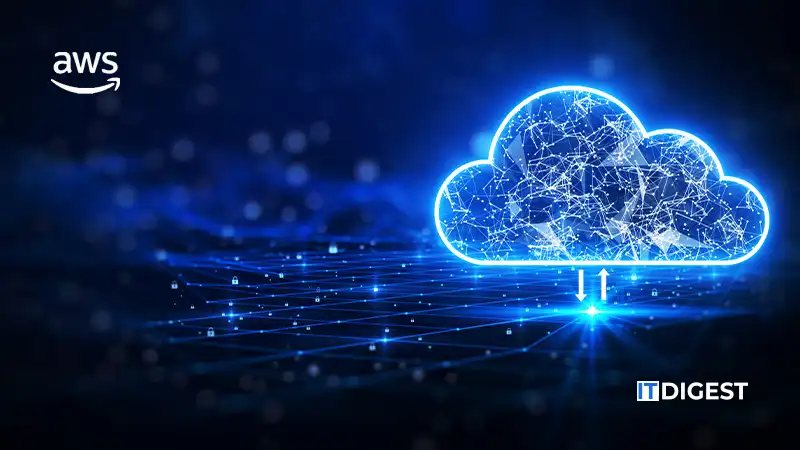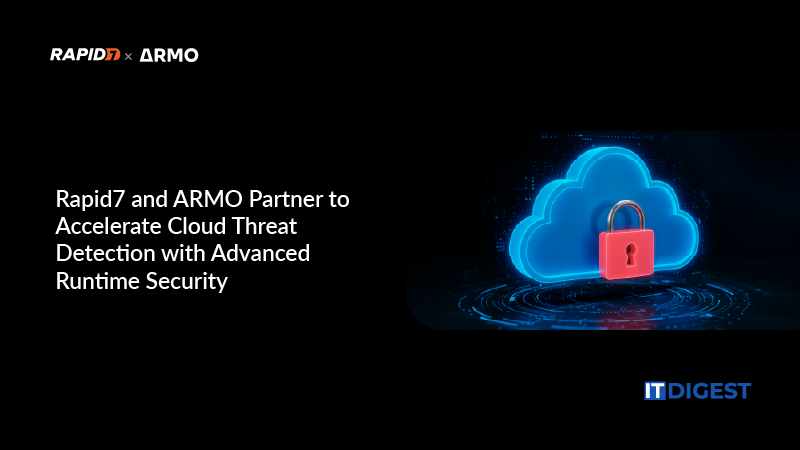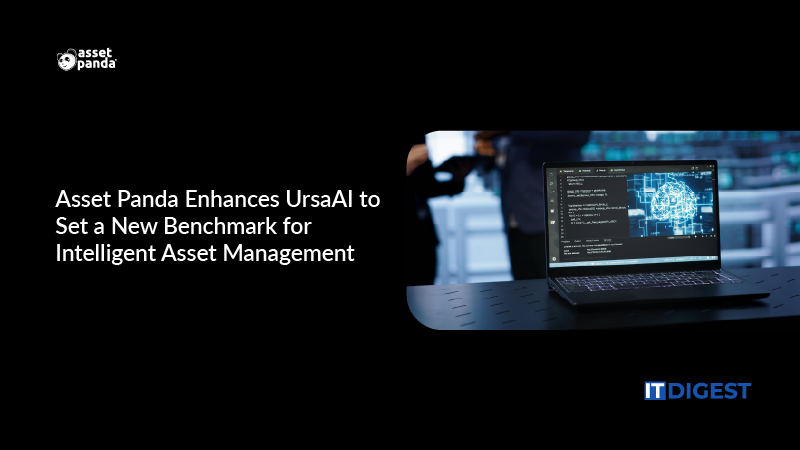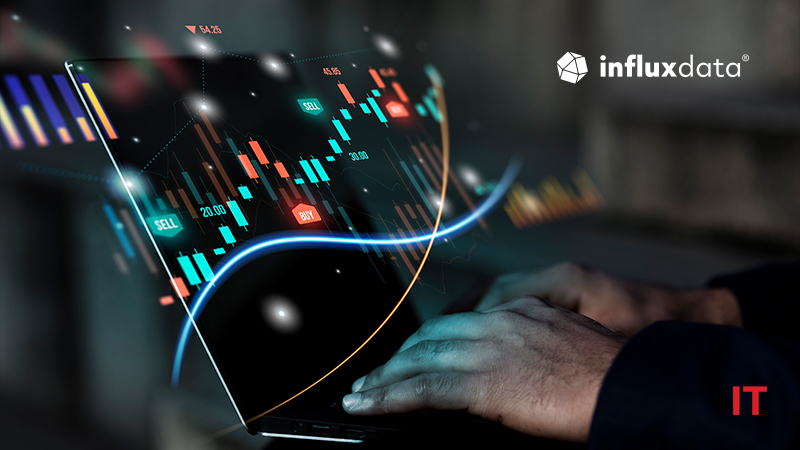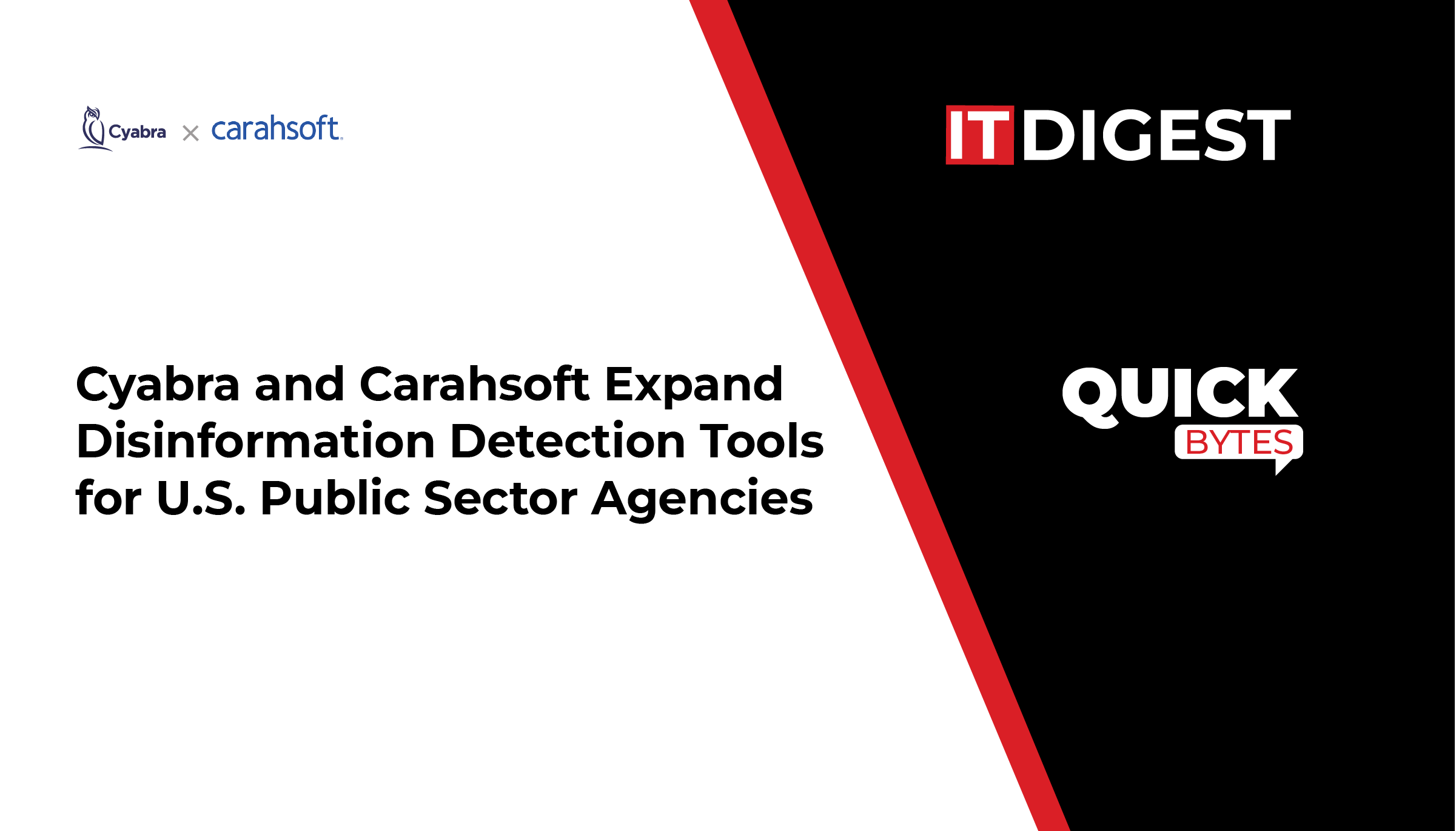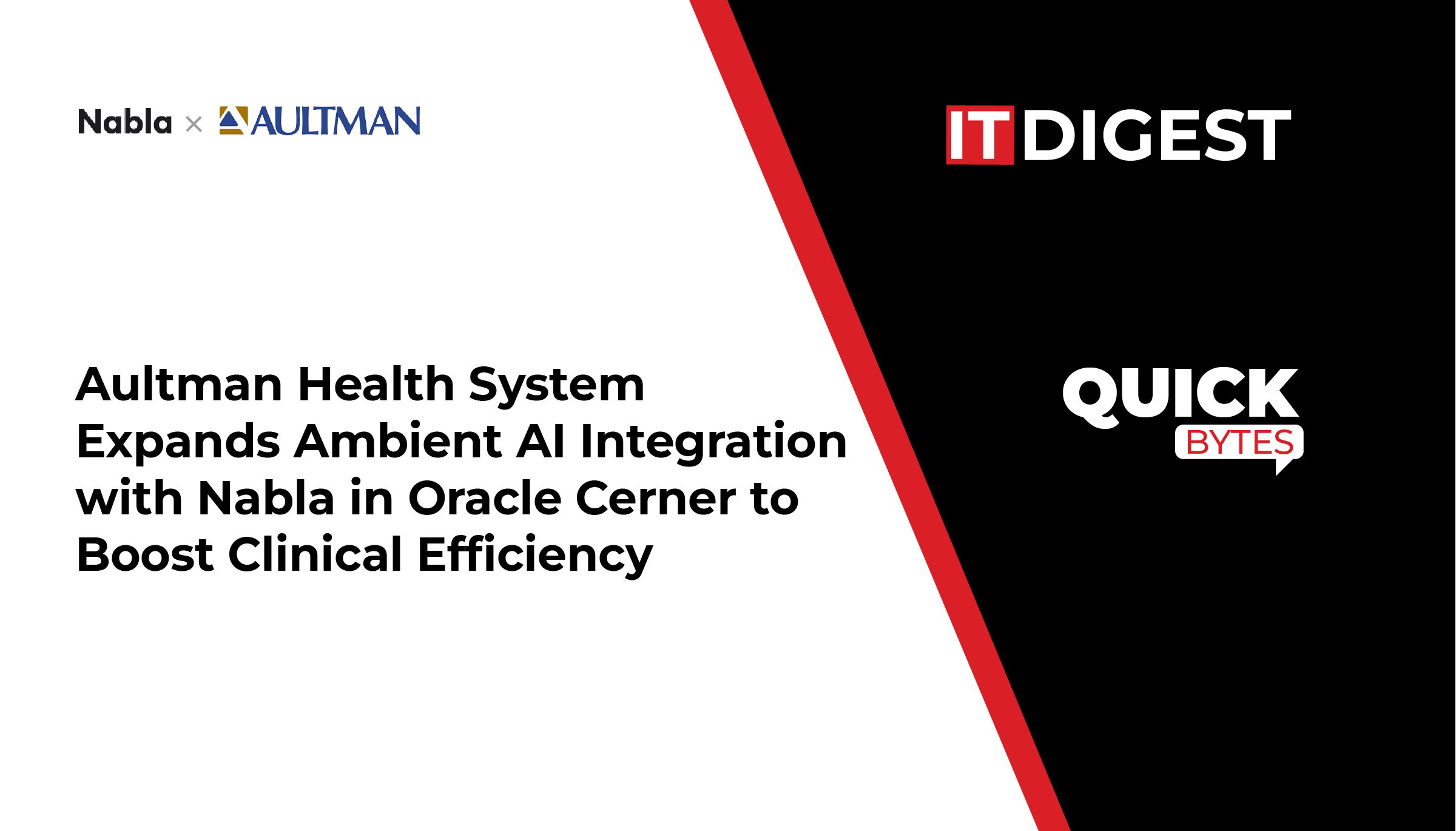InfluxData, creator of the leading time series database InfluxDB, announced that it has achieved Amazon Web Services (AWS) Data and Analytics Competency status in the Data Analytics Platforms and NoSQL/New SQL categories. This designation recognizes that InfluxData has demonstrated success in helping customers evaluate and use the tools and best practices for collecting, storing, governing, and analyzing data at any scale.
Achieving the AWS Data and Analytics Competency differentiates InfluxData as an AWS Partner Network (APN) member that provides specialized software designed to help enterprises adopt, develop, and deploy complex projects on AWS. To receive the designation, AWS Partners must possess deep AWS expertise and deliver solutions seamlessly on AWS.
“Time series data lies in every part of today’s businesses, making it a foundational component of real-time analytics,” said Michele Todd, Vice President of Business Development and Partnerships at InfluxData. “Achieving the AWS Data and Analytics Competency recognizes InfluxData as an AWS Partner with deep domain expertise in powering advanced analytics with time series data. We are committed to giving developers a simple way to utilize their data across AWS, and with this designation, we accelerate time series adoption and insights.”
InfluxData’s relationship with AWS helps developers leverage their time series data wherever it resides across AWS. InfluxDB connects with AWS services for developers to collect time series data, create data pipelines, and analyze data in real-time, which may include the following integrations:
- AWS IoT Greengrass: Manage Industrial Internet of Things (IIoT) devices and applications at the edge and send data to InfluxDB for storage and analysis.
- AWS IoT TwinMaker: Stimulate performance optimizations and increase productivity by creating digital twins with data from InfluxDB.
- Amazon Forecast: Use historical and related data to train ML models that predict business needs, such as inventory and operating costs.
- Amazon SageMaker: Detect anomalies using billions of time series data points with the DeepAR forecasting algorithm.
- Amazon Elastic Compute Cloud (Amazon EC2) and Amazon Elastic Container Service (Amazon ECS): Monitor performance, optimize scalability, and power decisions inside critical VMs and containers.
- Amazon CloudWatch: Analyze real-time and historical observability data for AWS applications and services.
SOURCE: Businesswire







